Knowledge Products
The GPSC hosts a digital library featuring practical tools, reports, and case studies. Explore curated resources across thematic areas, filtering by topic or region to find the insights required to advance urban sustainability.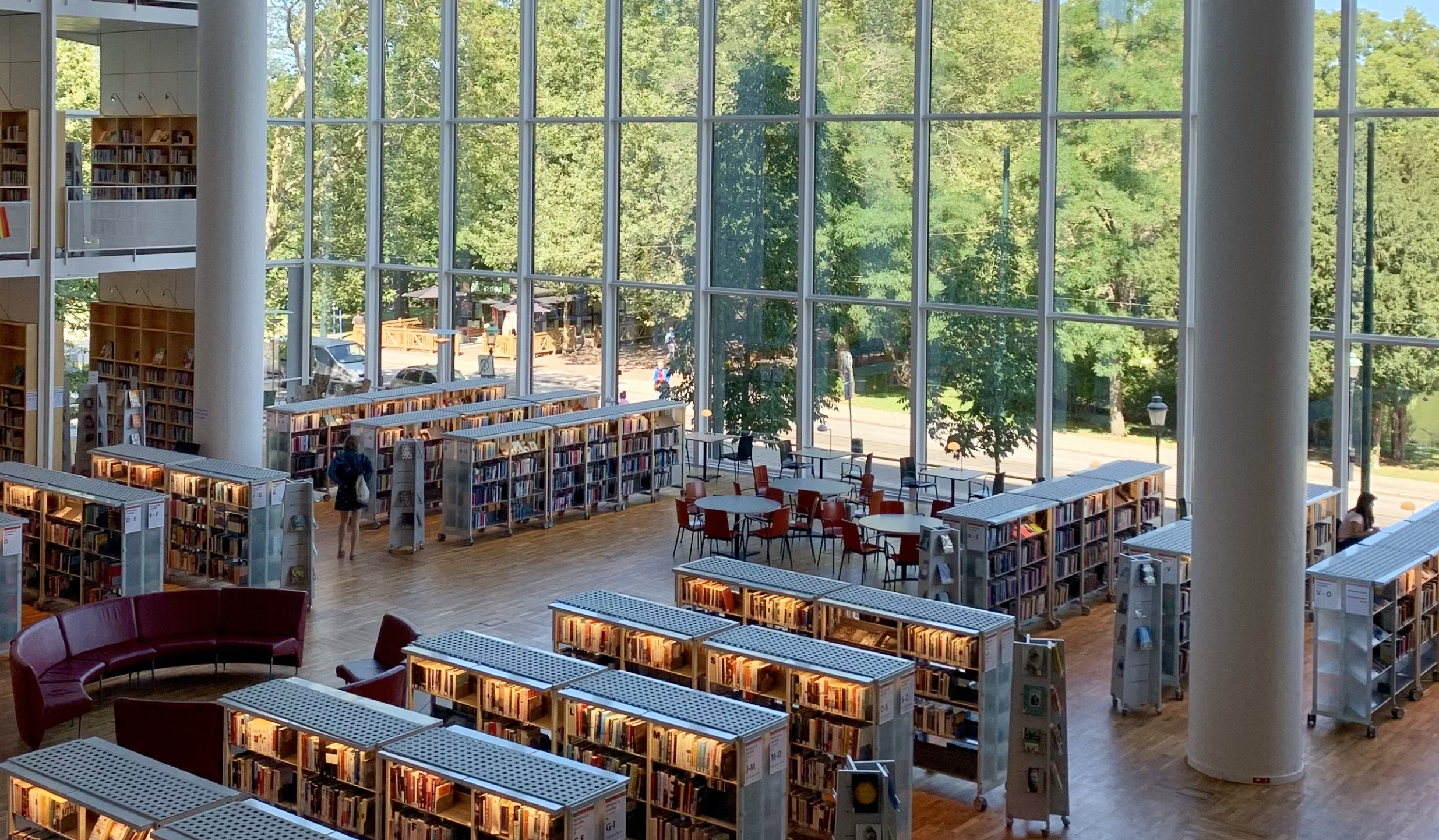
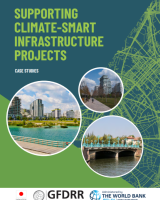
Supporting Climate-Smart Infrastructure Projects – Case Studies
This publication presents six case studies—three international and three from Turkey—showcasing climate-smart infrastructure projects that promote green and resilient urban development. These case studies were selected from an extensive list to support the World Bank’s lending initiatives in Turkish cities, aiming to illustrate effective approaches to sustainable urban infrastructure. The publication outlines the key lessons from these examples, categorizing success factors into ‘Policy and Finance,’ ‘Planning and Design,’ and ‘Processes and Partnerships.’ Each section addresses critical aspects of successful project
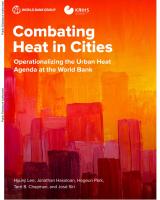
Combating Heat in Cities: Operationalizing the Urban Heat Agenda at the World Bank
This report stems from growing concern about the threat of extreme heat in urban settings and its adverse impacts on health. The team made use of the TIP—that is, the targeted, integrated, and prepared—framework, introduced in the recent "Healthy Cities" report (Lee et al. 2023), to help World Bank task teams explore pathways toward urban heat investments. This study gathered city responses and investigated existing World Bank initiatives to gain an understanding of what had already been done and the

Building Back Stronger: Urban Resilience Through Post-Conflict Reconstruction
Rebuilding cities and towns after protracted conflict is a more common occurrence than many would find acceptable. It is also

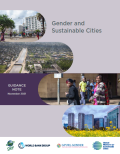
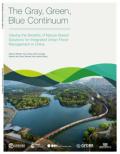
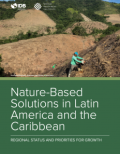
Nature-Based Solutions in Latin America and The Caribbean: Regional Status and Priorities for Growth
This paper discusses how the Latin American and Caribbean region is on the verge of a transition from experimenting with
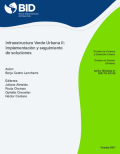
Urban Green Infrastructure II: Implementing and Monitoring (Spanish)
This publication is part of a series of three papers exploring the different aspects of urban green infrastructure solutions. This
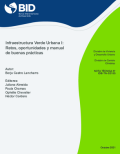
Urban Green Infrastructure I: Challenges, Opportunities and Good Practices (Spanish)
This publication is part of a series of three papers exploring the different aspects of urban green infrastructure solutions. This
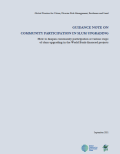
Guidance Note. Community Participation in Slum Upgrading
With its focus on community participation, this Note helps to promote participatory slum upgrading in their dialogue with the client
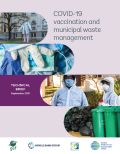
COVID-19 Vaccination and Municipal Waste Management. Technical Brief
There are over twenty serious vaccine preventable diseases with immunization estimated to save 4-5 million deaths annually. Typically, individual vaccination
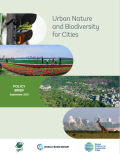
Urban Nature and Biodiversity for Cities. Policy Brief
One important way for urban leaders to rise to today’s challenges is to bring biodiversity and nature into urban design


